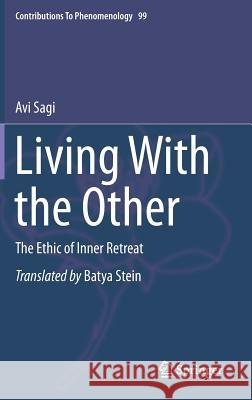Living with the Other: The Ethic of Inner Retreat » książka
topmenu
Living with the Other: The Ethic of Inner Retreat
ISBN-13: 9783319991771 / Angielski / Twarda / 2019 / 209 str.
Kategorie:
Kategorie BISAC:
Wydawca:
Springer
Seria wydawnicza:
Język:
Angielski
ISBN-13:
9783319991771
Rok wydania:
2019
Wydanie:
2018
Ilość stron:
209
Waga:
0.48 kg
Wymiary:
23.39 x 15.6 x 1.42
Oprawa:
Twarda
Wolumenów:
01
Dodatkowe informacje:
Wydanie ilustrowane











